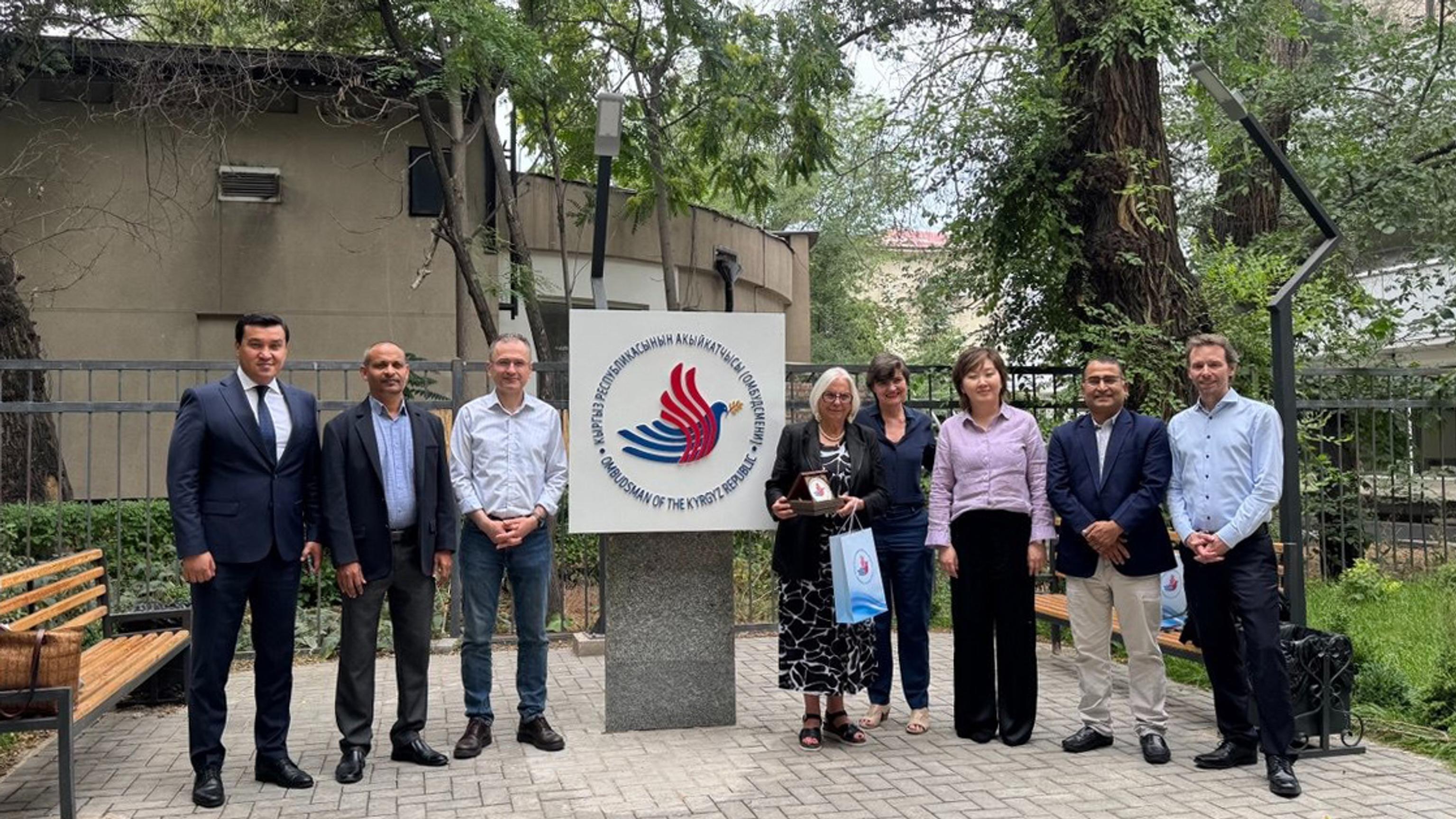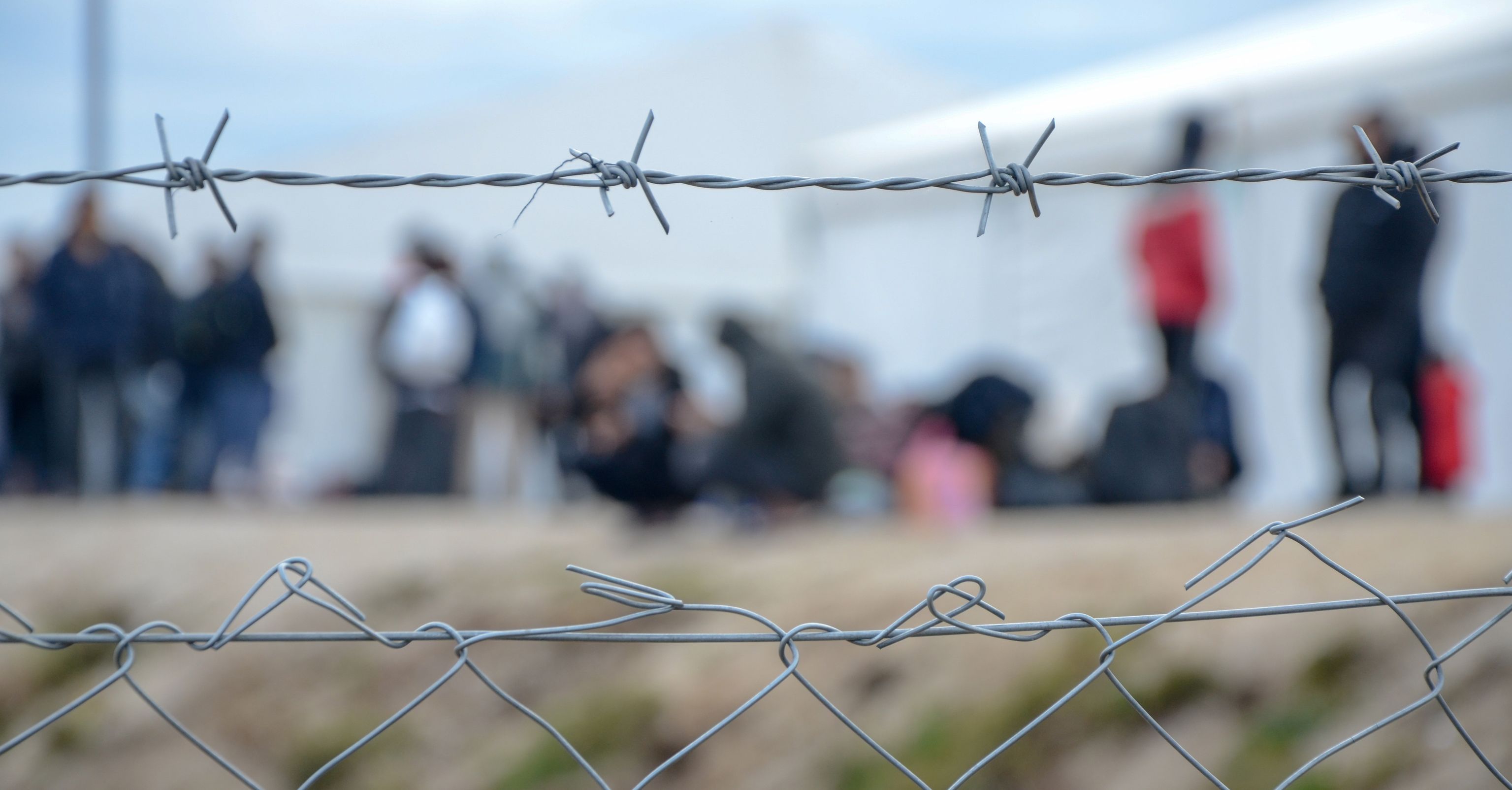Fact Sheet 1: What are National Human Rights Institutions?
01
NHRIs are independent bodies, established by law or in the constitution, to promote and protect human rights.
02
They play a vital role to help States meet their human rights obligations under international law.
03
NHRIs are different from NGOs and from State institutions, such as the parliament and the courts.
National human rights institutions (NHRIs) are independent bodies, established by law or in the constitution, to promote and protect human rights in their respective countries.
They operate and function independently from government. They also operate separately from non-governmental organisations (NGOs). However, they can and should build constructive relationships with both.
Effective NHRIs help bridge the "protection gap" between the rights of individuals and the responsibilities of the State by:
- Monitoring the human rights situation in the country and the actions of the State
- Providing advice to the State so that it can meet its international and domestic human rights commitments
- Receiving, investigating and resolving complaints of human rights violations
- Undertaking human rights education programs for all sections of the community
- Engaging with the international human rights community to raise pressing issues and advocate for recommendations that can be made to the State.
I think the important point to understand about a national human rights institution is that it is independent of government and it becomes, in a sense, the conscience of the country."
Gillian Triggs, former President, Australian Human Rights Commission
This video features interviews with international experts and representatives from a broad range of APF member institutions describing the role, functions and impact of NHRIs in promoting and protecting fundamental human rights.
Supporting the State to meet its obligations
States are responsible for establishing and maintaining an environment where all people can enjoy their human rights. They have an obligation to respect, protect and fulfil the full enjoyment of human rights for all.
States take on this responsibility when they voluntarily become a party to a human rights treaty. They also acquire this responsibility under international customary law.
States are held accountable for their human rights performance; for example, through the UN Human Rights Council's Universal Periodic Review and through the human rights treaty monitoring bodies.
The advice that NHRIs provide to States – on the human rights impact of laws, policies and practices – is a critical support available to States to meet their responsibilities under international law.
NHRIs are required to meet the Paris Principles
The Paris Principles ("Principles Relating to the Status of National Human Rights Institutions") set out a series of minimum standards for NHRIs. They were developed at a UN-sponsored meeting, held in Paris in 1991, which brought together representatives of existing NHRIs to define the core attributes that all NHRIs should possess.
The key criteria for NHRIs set out in the Paris Principles include:
- a broad-based mandate to promote and protect human rights
- autonomy from government
- independence guaranteed by legislation or the constitution
- pluralism, including membership that broadly reflects their society
- adequate resources
- adequate powers of investigation
NHRIs have a unique status
NHRIs are unique institutions. They sit between government and civil society, and they serve as a bridge between both.
As official State institutions, with a legal mandate, NHRIs have greater authority than NGOs. Their opinions and findings can carry greater credibility and their recommendations greater influence, both with their government and with international bodies.
NHRIs also have stronger investigative powers than NGOs, usually including the powers to obtain documents, summon witnesses and enter premises, such as prisons and detention centres.
However, NHRIs also experience limitations that NGOs do not have. For example, NGOs can do whatever their members decide they should do. NHRIs do not have the same freedom. They can speak and act only within the limits of the law that establishes them.
Similarly, among State institutions, NHRIs play a unique role to promote and protect human rights. Their role is necessarily different from government, parliament and the courts.
For example, NHRIs can advise parliament on existing and proposed legislation and make submissions to parliamentary inquiries. However, they cannot direct parliaments or interfere in the parliamentary process.
Similarly, NHRIs can appear before the courts to argue cases and to act as a "friend of the court" (amicus curiae). However, they cannot overrule judicial decisions and impose their own views in the place of the decisions of courts that have heard cases.
The relationships between NHRIs and other State institutions should be based on mutual respect for the constitutional role that each plays.

A growing body of NHRIs
The UN system has a long history of encouraging governments to establish human rights bodies to assist them meet their human rights obligations. The first call to form "local human rights committees" was made in 1946 by the UN Economic and Social Council (ECOSOC), with France establishing the National Consultative Commission of Human Rights in 1947.
Despite further encouragement from ECOSOC and the UN Commission on Human Rights over the following decades, progress to establish NHRIs was slow. By 1990, there were fewer than 20 NHRIs around the world.
The Second World Conference on Human Rights, held in Vienna in 1993, gave renewed impetus for establishing NHRIs in line with the Paris Principles. [1]
Since that time, the number of NHRIs has grown rapidly, with 118 institutions currently compliant with the Paris Principles. [2]
[1] See the Vienna Declaration and Programme of Action.
[2] Information on the accreditation status of NHRIs is available from the Global Alliance of National Human Rights Institutions.
Find out more
Chapters 1-2, Manual on National Human Rights Institutions






